Hurricane Resource Center
Up-to-date information, checklists and tips to help you prepare and recover
Is your community prepared for hurricane season?
Community readiness starts with strong leadership. Ensure emergency communication plans are in place, share clear preparedness guidance, and coordinate with schools, businesses, and nonprofits to support residents. Use the resources on this page, from checklists to ready-to-use social media messages, to spread consistent information and engage the whole community.
The more you equip people now, the stronger your community will be when the next storm arrives.
Social media toolkit
Social media can be one of the most effective ways to communicate with your community. Be sure to use our social media messages and resources to spread awareness.
We also encourage you to use the following hashtags in your social media posts:
- #GetHurricaneReady
- #WeArePrepared
Learn the truth about hurricane myths and local governments
One hurricane can cause over $100 billion in damage.
Is your community prepared?
Helpful resources and recommended reading
We’ve assembled resources from government organizations and entities such as the National Oceanic and Atmospheric Administration and Ready.Gov under the Department of Homeland Security, to help you learn and prepare for hurricane season.
National Oceanic and Atmospheric Administration
Explore the NOAA’s in-depth guide to hurricane preparedness, featuring expert advice on protective measures, early warning systems, and practical steps to ensure your community’s safety during hurricane season.
Ready.gov
Visit Ready.gov for concise, actionable tips on preparing for hurricanes. Ready.gov offers straightforward guidance to help individuals and community leaders develop effective emergency plans.
Colorado State University
Stay informed with the CSU Tropical Weather & Climate Research’s 2025 Hurricane Outlook. Understand the predictions for the upcoming hurricane season to better plan and prepare your community for potential impacts.
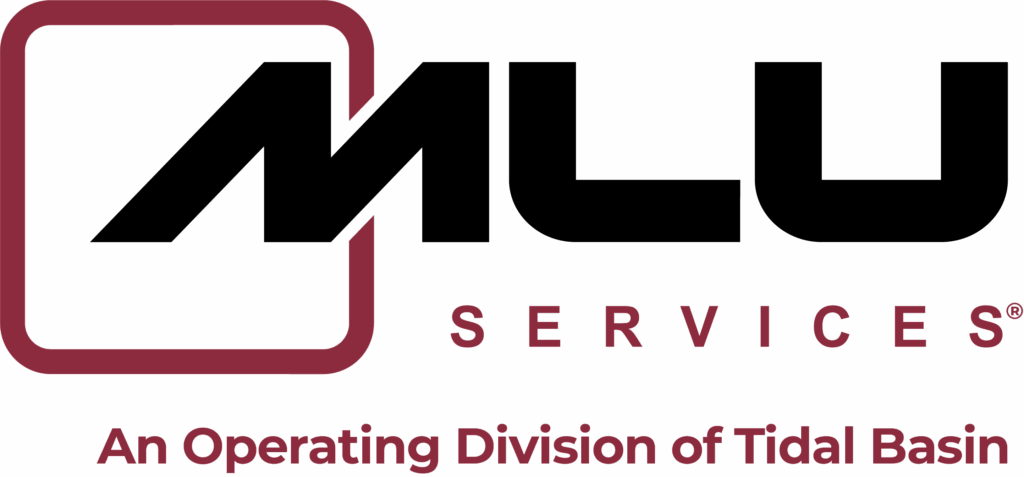
Mission-ready base camps and wraparound disaster response
MLU Services, Inc., a division of Tidal Basin, is a national leader in disaster recovery services, providing workforce base camps, disaster debris removal, and ROW clearance for utility companies. We respond quickly and efficiently to any disaster.
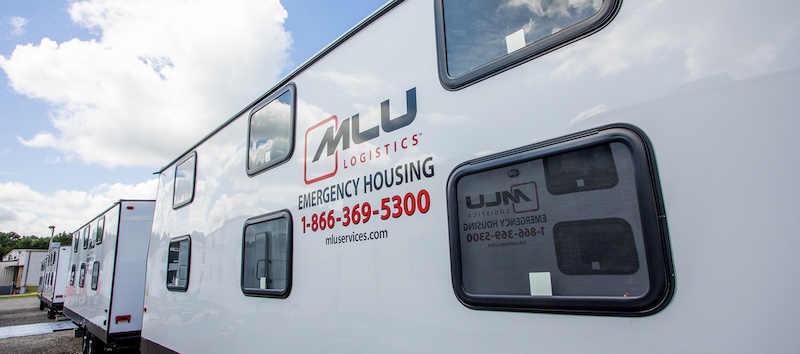
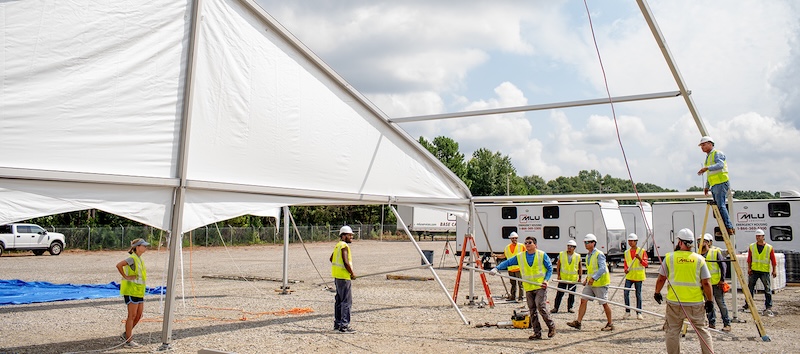
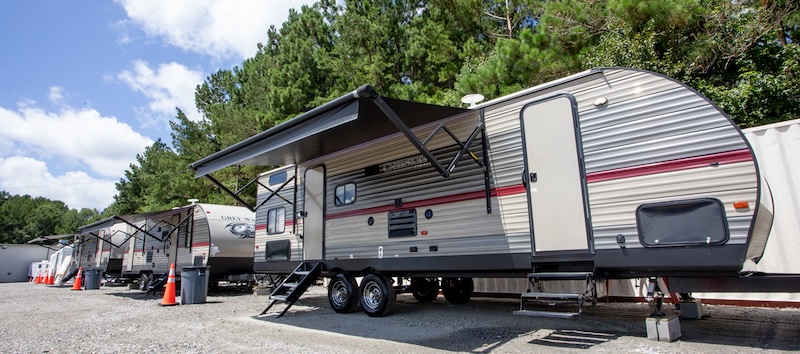
Free downloadable hurricane resources
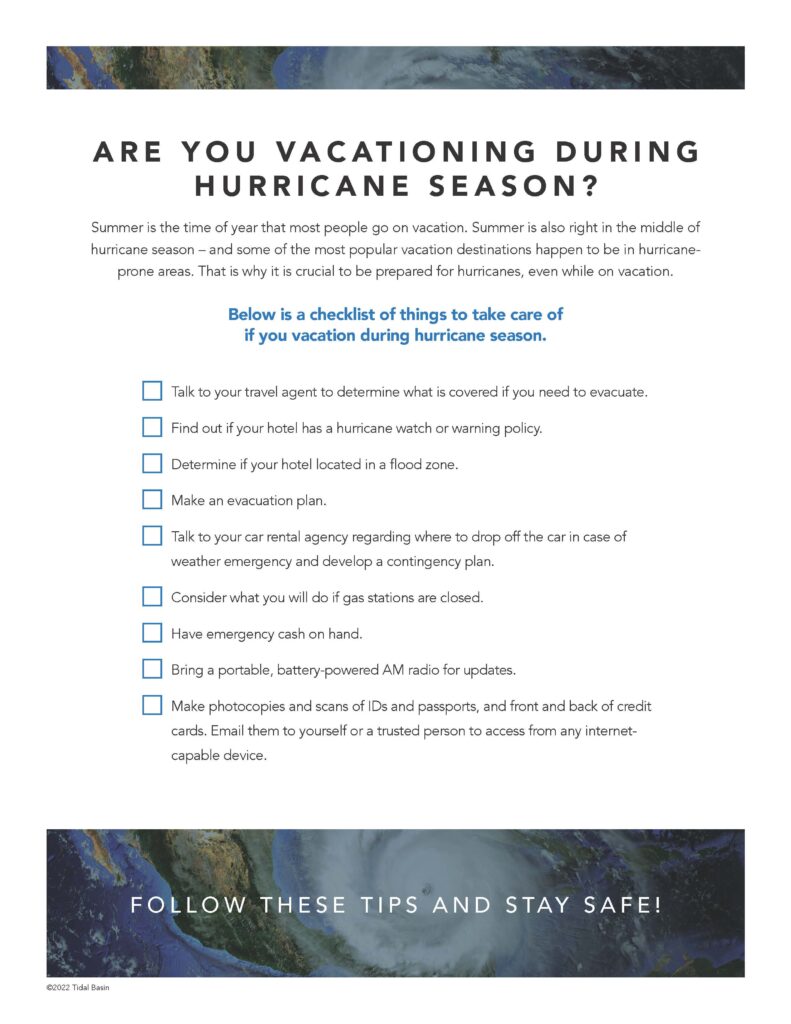
Vacationing During Hurricane Season Checklist
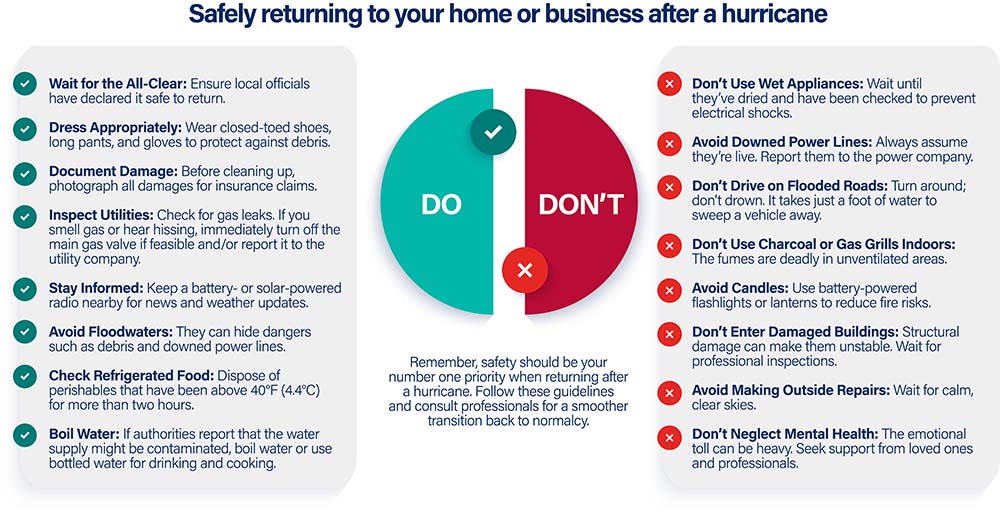
What To Do After a Hurricane
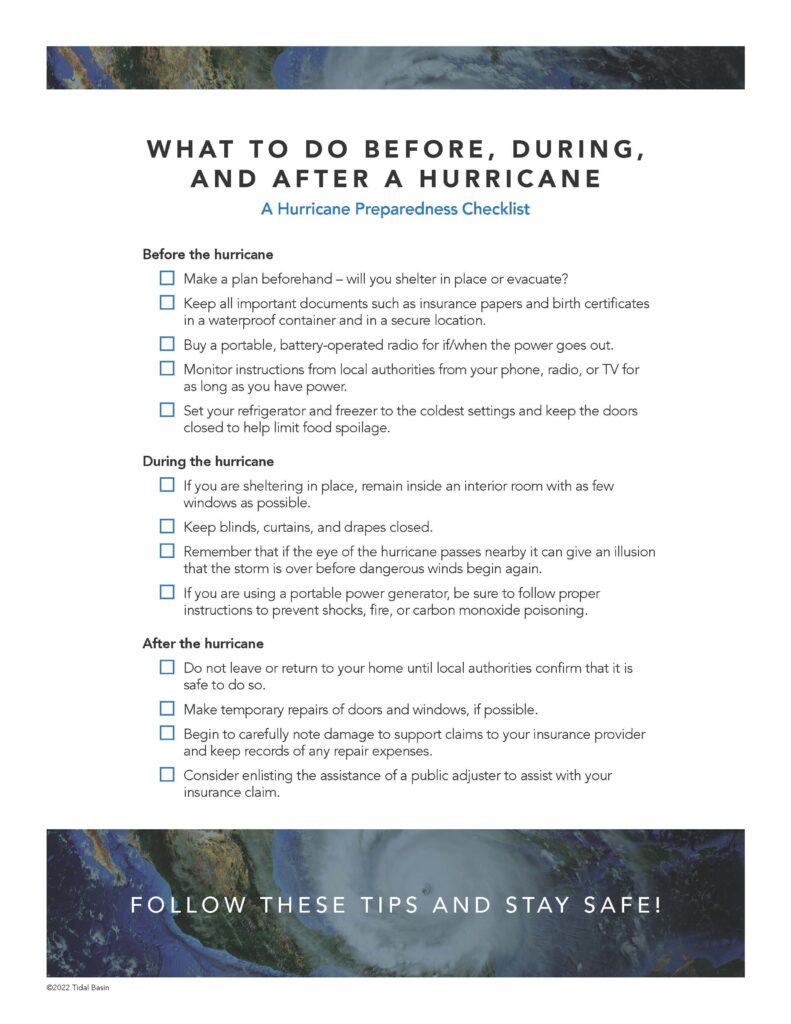
Before, During, and After a Hurricane Tips/Checklist
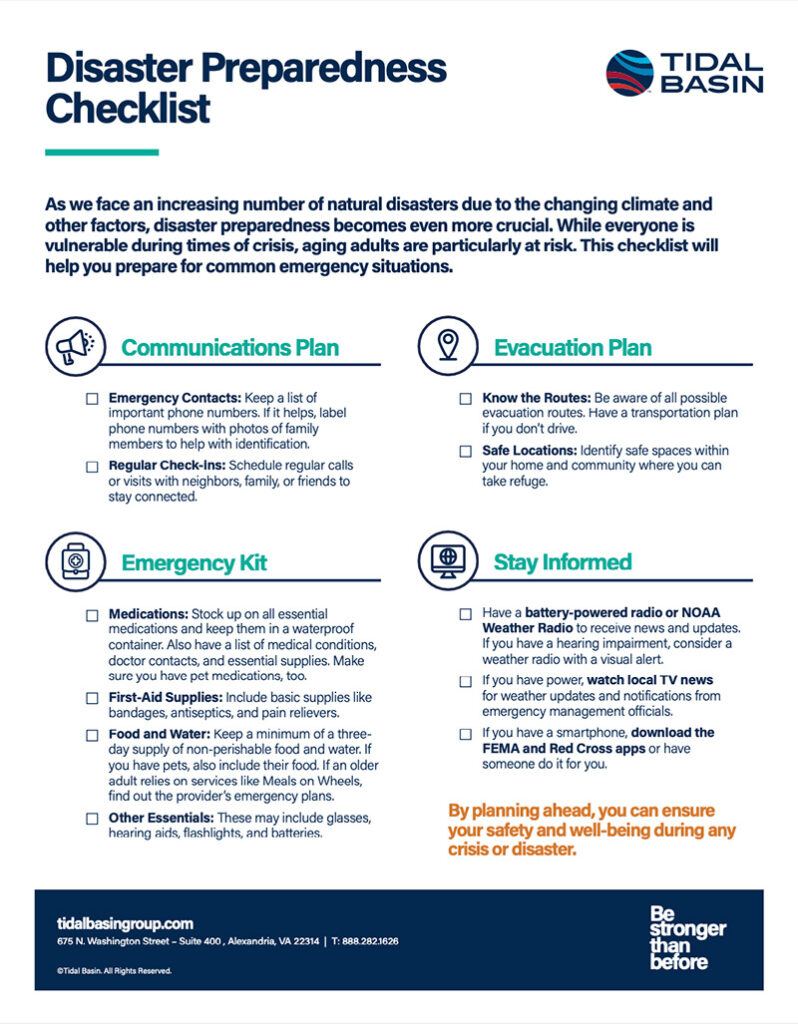
Disaster Preparedness Checklist
What our experts have to say

“It is critical that local governments prepare to recover from a disaster much the same way they prepare to respond. Proper planning and implementing best practices for recovery prior to an event will help ensure a community can financially recover from the sudden impact of disasters. Poor financial recovery from a hurricane can have a long-lasting and devastating impact on the health of a community”
William “Bill” Slater
Sr. Vice President, State, Local & Commercial Division
Recursos en español
Ready.gov
Visite Ready.gov para obtener consejos concisos y prácticos sobre cómo prepararse para los huracanes. Ready.gov ofrece orientación sencilla para ayudar a las personas y a los líderes comunitarios a desarrollar planes de emergencia eficaces.
Administración Nacional Oceánica y Atmosférica
Explore los tips detallados de la ANOA sobre preparación para huracanes, que incluye consejos de expertos sobre medidas de protección, sistemas de alerta y pasos prácticos para garantizar la seguridad de su comunidad durante la temporada de huracanes.
Tips para descargar
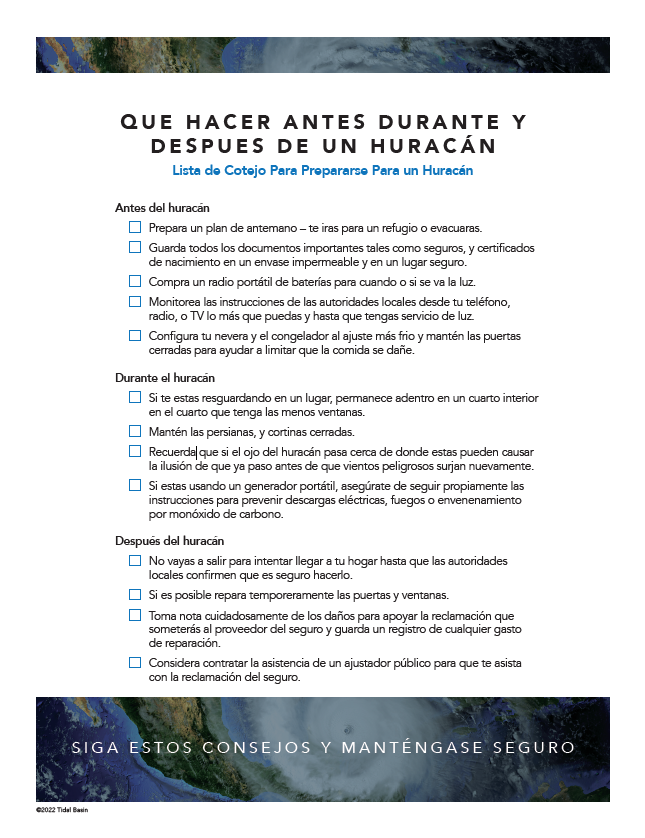
Lista de cotejo para prepararse de un huracán
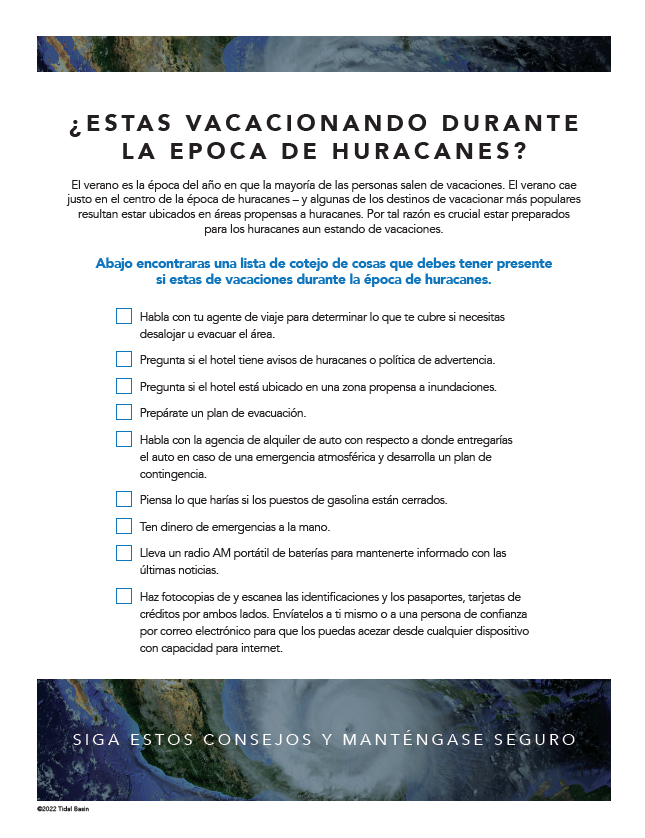
Hoja de cotejo de vacaciones durante la época de huracanes
Read insights and news from our team
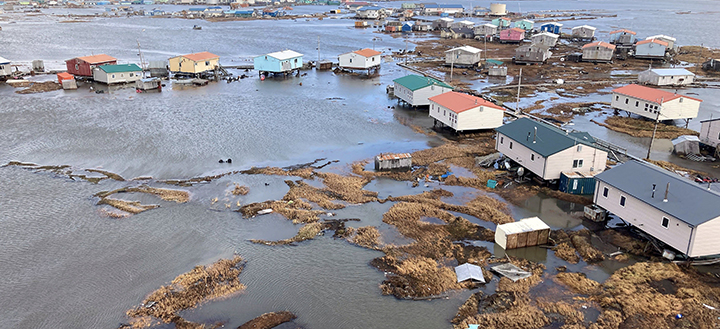
Tidal Basin Launches Alaska’s Emergency Shelter Program
In the wake of Typhoon Halong, which brought catastrophic flooding and widespread destruction to western Alaska, a swift and decisive…

Tracking Tropical Storm Jerry/Hurricane Jerry in the 2025 Hurricane Season
Track Tropical Storm Jerry/Hurricane Jerry’s progress, prepare for possible impacts, and stay updated with real-time alerts and storm preparedness tips.
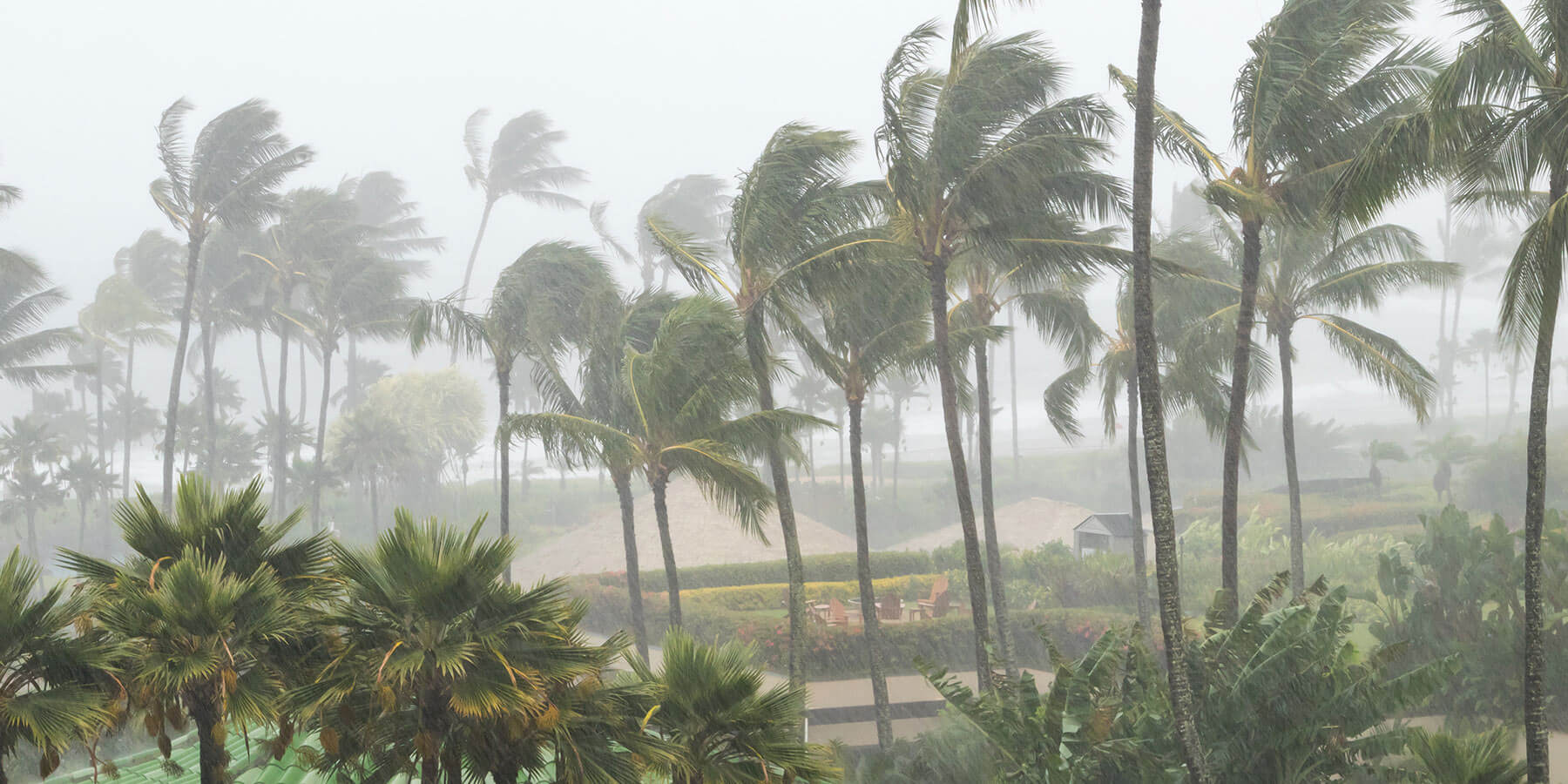
Breaking Down Tropical Storm Imelda and Hurricane Imelda
Explore the history of Tropical Storm Imelda and learn how Hurricane Imelda could form during the 2025 Atlantic hurricane season.
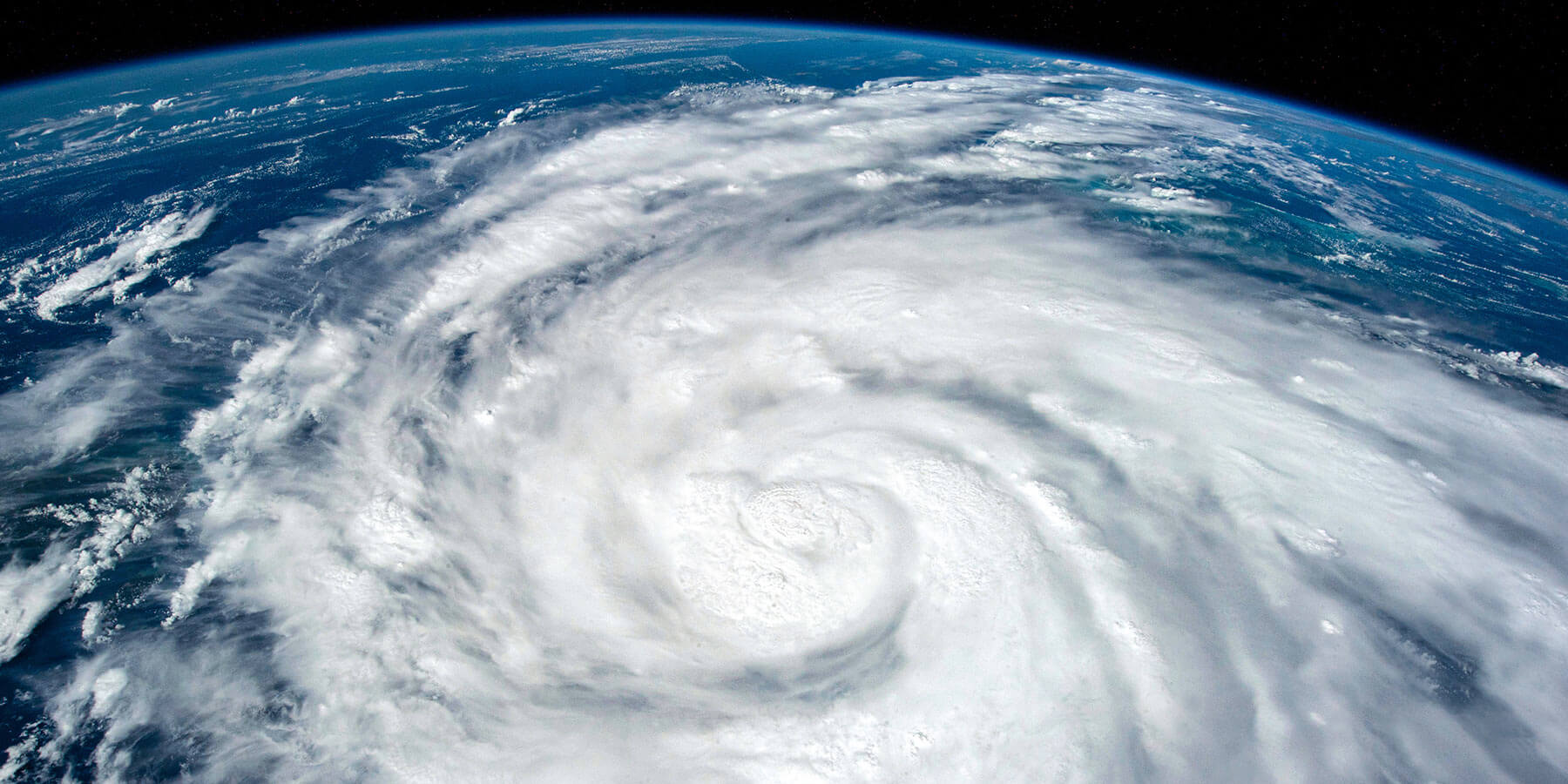
Transitioning from Tropical Storm Humberto to Hurricane Humberto
Read about Tropical Storm Humberto and Hurricane Humberto, from their origins to their effects and how to prepare for hurricanes.
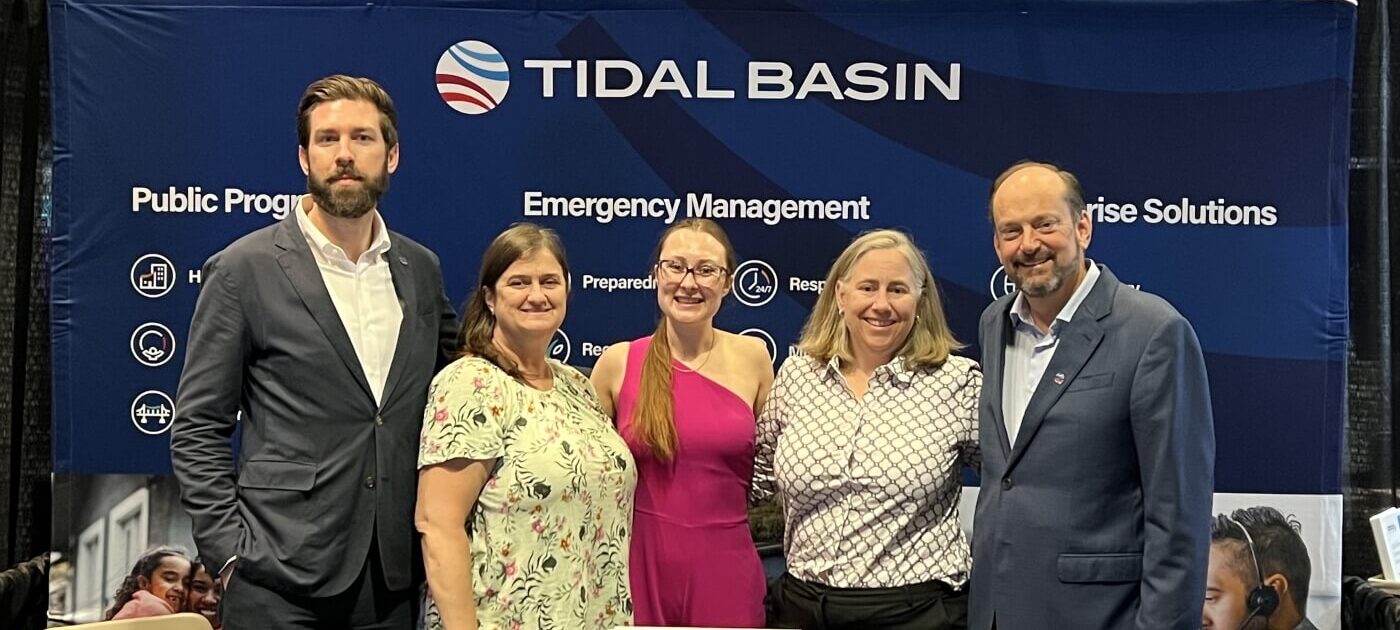
Inside the 2025 Association of State Floodplain Managers (ASFPM) Conference
Explore the highlights of the 2025 Association of State Floodplain Managers Conference in New Orleans and Tidal Basin’s role.
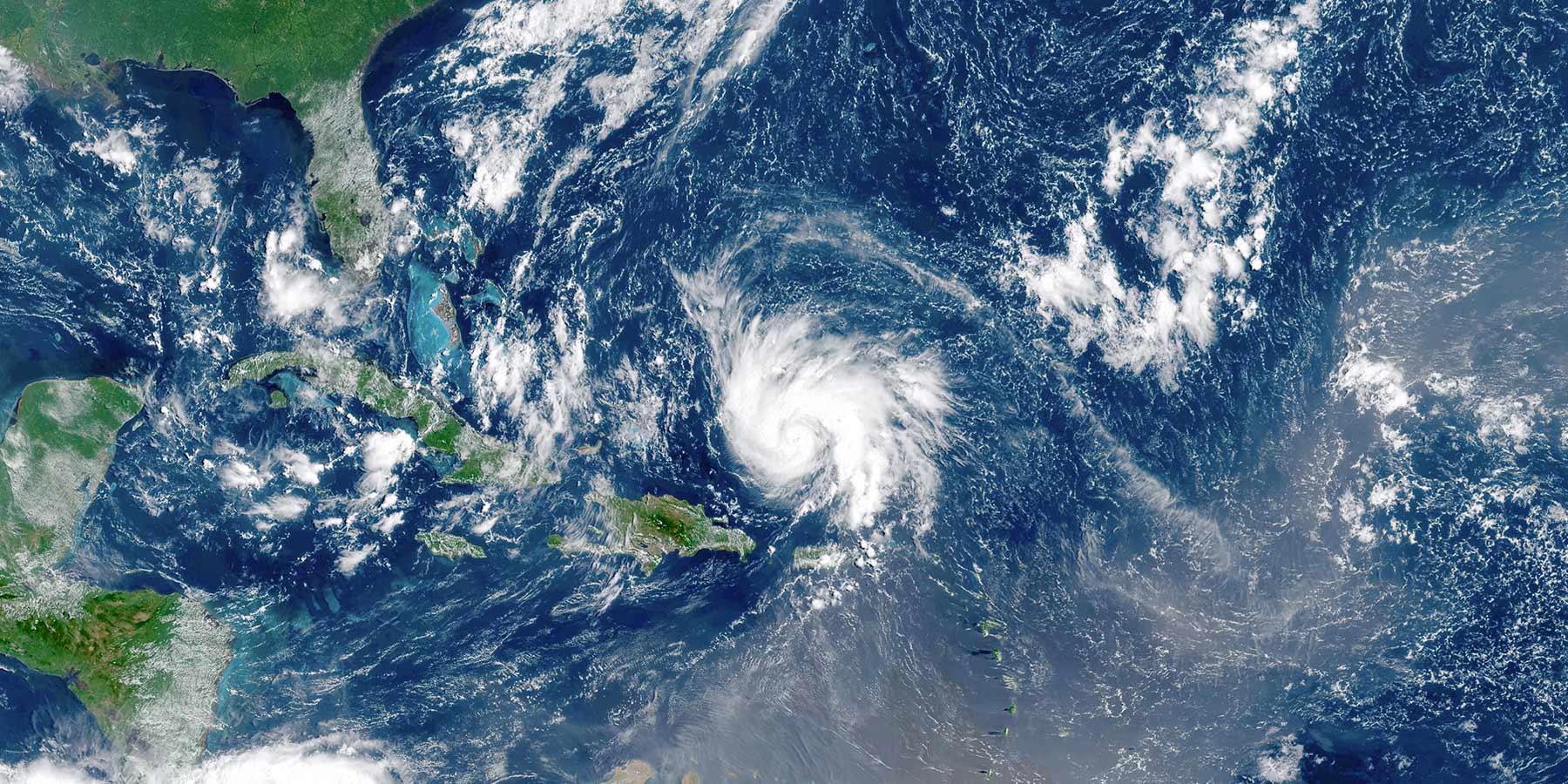
What to Know About Tropical Storm Gabrielle and Hurricane Gabrielle (2025)
Learn the history and outlook of Tropical Storm Gabrielle/Hurricane Gabrielle, the seventh named storm of 2025, with stats, trends, and preparedness insights.